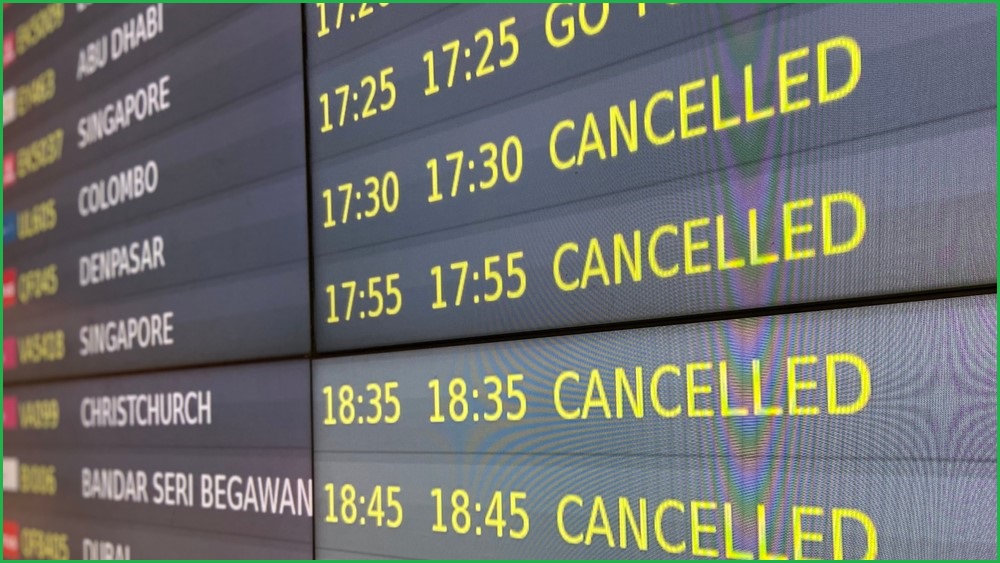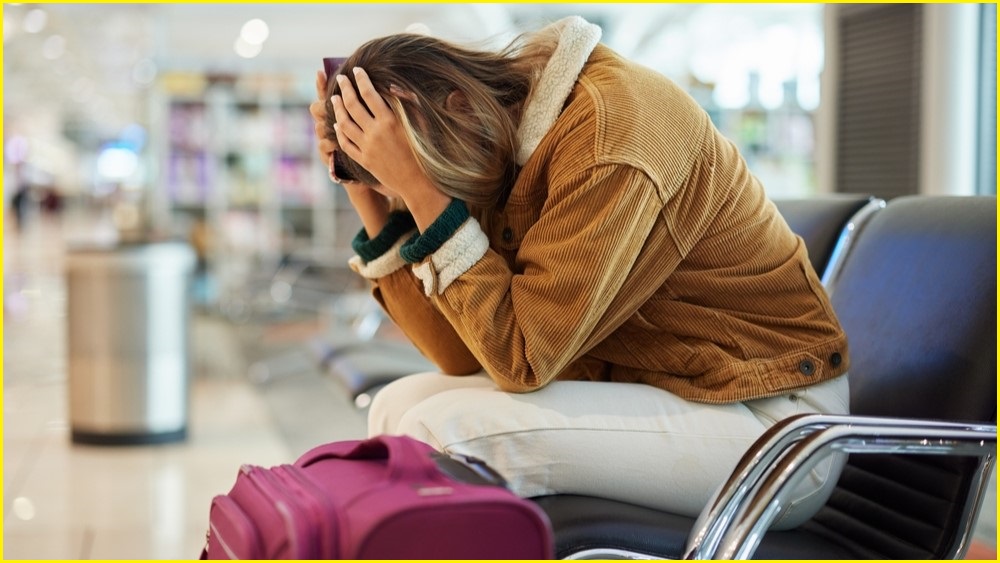Australians will be able to request cash refunds for cancelled or delayed flights under a federal government plan to reform the aviation sector.
The project, detailed on Monday in a long-awaited Aviation White Paper, included the creation of a new Charter of Customer Rights and an independent Aviation Industry Ombuds Scheme.
Under the new charter, consumers would have greater certainty about minimum customer service levels and airlines would need to explain why flights were cancelled or delayed, the government said.
Catherine King, the Minister for Infrastructure, Transport, Regional Development and Local Government, said too many Australians had been “left out to dry” when their flights were cancelled or delayed.
“We have heard loudly and clearly that people are not getting the experience that they are paying for or expect to get from our airlines or our airports,” she said.
The creation of the ombuds scheme would allow for customers to make complaints and seek refunds from airlines and airports from some time in 2025, King said.
"What we all want to see is in fact that customers get what they pay for,” she said.
“You’ve bought a ticket — if the flight doesn’t go, or the flight doesn’t go when you expect it to go, you should expect that is the service that is provided.
“So really this is about providing remedies to consumers, who have found it very difficult to pursue these issues, and also getting continuous improvement in our airlines and our airports.”
The exact circumstances in which refunds would be assessed and distributed would be decided by the ombuds scheme, King said.
The minister also acknowledged airlines were sometimes not responsible for delays caused by weather events and air traffic control issues, but argued they needed to be held accountable for tactics such as overbooking flights.
More data on airline performance and competition would also be published publicly under the new plan, King said.
The Australian Airports Association said the creation of an independent ombuds scheme for the sector would be “reassuring for passengers”.
“The aviation sector is complex and any guidelines for delays and cancellations need to be sensible and realistic,” it said.
If Labor was to lose the next federal election, King said she believed any attempt to withdraw strengthened consumer rights would be “a matter of contest and debate”.
The government's white paper noted Australian Border Force was also working with the aviation industry on a digital alternative to the Incoming Passenger Cards travellers are required to fill out as they arrive in Australia.
Travellers on Qantas flights between New Zealand and Australia will trial a digital alternative to the physical cards later this year.
The planned changes to the aviation industry come after regional airline Rex entered voluntary administration in July, only months after the collapse of discount carrier Bonza.
Potential for ‘clearer and stronger rights’
Consumer advocacy group Choice said its latest survey of airline customers found one in five people who requested a refund for cancelled flights had to wait more than six months to receive the funds.
More than 60 per cent said they had a flight cancelled without any explanation from their airline.
Choice's director of campaigns, Rosie Thomas, said she welcomed that consumers would soon have an independent ombuds scheme to turn to instead of the current Airline Customer Advocate, which is funded by airlines.
“When flights are delayed or cancelled, consumers must currently navigate complex terms and conditions to understand what their often disappointing rights are,” she said.
“The Aviation Customer Rights Charter has the potential to give consumers clearer and stronger rights.
“At a minimum, we want to see clear rights to automatic refunds, similar to requirements recently introduced in the United States.”
 Choice says most people it surveyed had experienced a flight cancellation without an explanation from their airline. Photo: Shutterstock
Choice says most people it surveyed had experienced a flight cancellation without an explanation from their airline. Photo: Shutterstock
Lea Vesic, Aviation Academy Director at RMIT University, said the government’s white paper was a reaction to “systemic problems in the aviation industry”, but argued it did not present a “robust vision for its future”.
“Although attention has been rightly focused on market competition and consumer rights, there is much more to achieve in reforming the industry,” Vesic said.
“Importantly, the government needs to meaningfully address skills demands by empowering training providers to meet industry needs in the long term, rather than relying on industry to deliver short term solutions.”
Minister King said the government was aiming to make the aviation sector more attractive to workers through legislative changes and streamlined training opportunities.
The 56 policies included in the government's white paper encompassed its vision for the aviation industry up to 2050, and followed 22 roundtables and more than 2,000 submissions from organisations and individuals, it said.
The framework also sought to increase competition among airlines and airports, improve accessibility for passengers and airport users with disabilities, reduce aircraft noise, and help the sector reduce its carbon footprint with alternative fuels.










